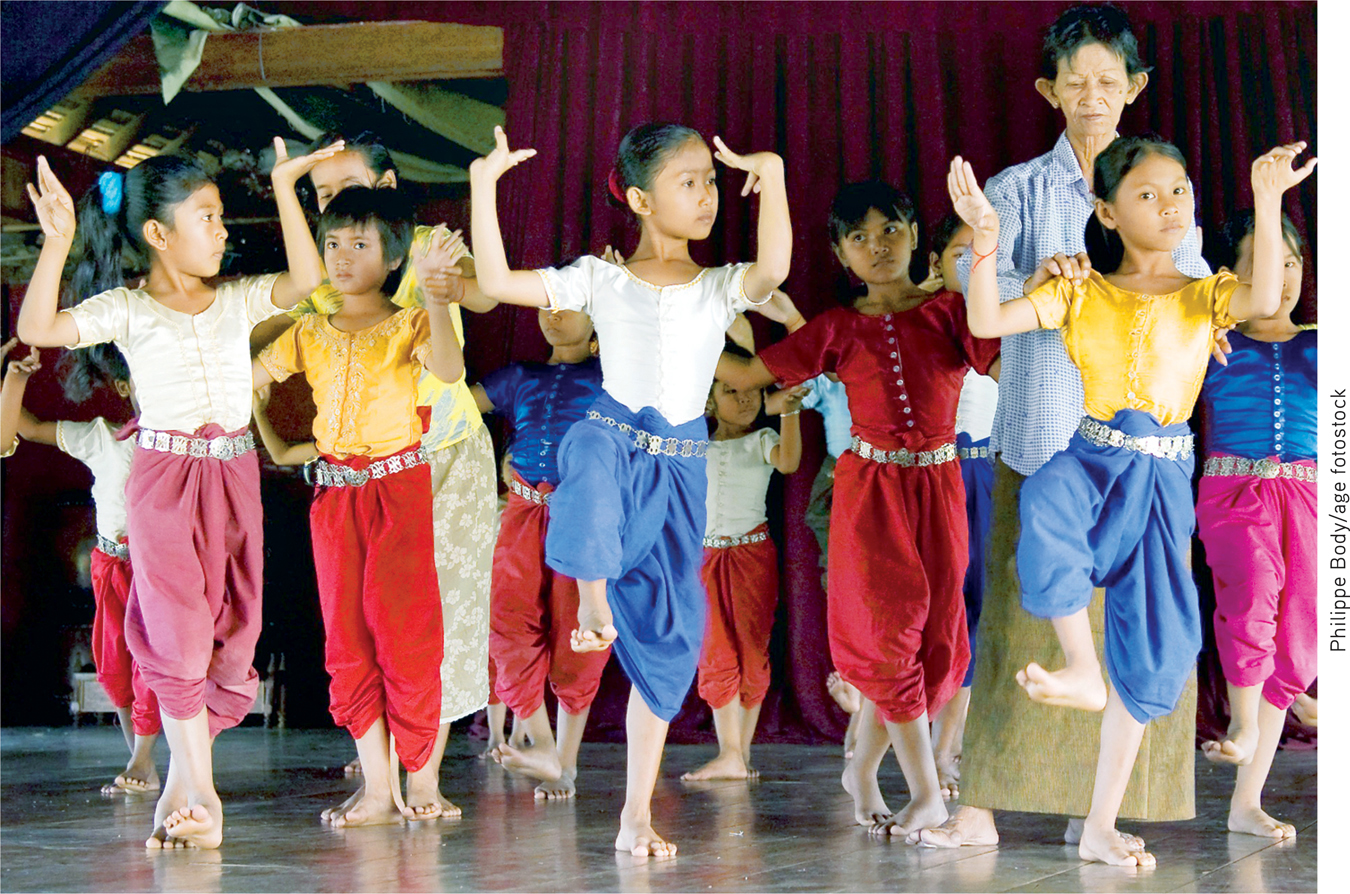5.1 INTRODUCTION:
What Is Learning?
KEY THEME
Learning refers to a relatively enduring change in behavior or knowledge as a result of experience.
KEY QUESTIONS
What is conditioning?
What are three basic types of learning?
What do we mean when we say that Fern and Erv have “learned” from their experience with the killer attic? In the everyday sense, learning often refers to formal methods of acquiring new knowledge or skills, such as learning in the classroom or learning to play the flute.
In psychology, however, the topic of learning is much broader. In general, psychologists formally define learning as a process that produces a relatively enduring change in behavior or knowledge as a result of an individual’s experience. For example, Erv has learned to feel anxious and uncomfortable whenever he needs to enter the attic. He’s also learned to take simple precautions, such as posting his MAN IN THE ATTIC! sign, to avoid getting locked in the attic again. As Erv’s behavior demonstrates, the learning of new behaviors often reflects adapting to your environment. As the result of experience, you acquire new behaviors or modify old behaviors so as to better cope with your surroundings.
learning
A process that produces a relatively enduring change in behavior or knowledge as a result of past experience.

In this broad sense of the word, learning occurs in every setting, not just in classrooms. And learning takes place at every age. Further, the psychological study of learning is not limited to humans. From alligators to zebras, learning is an important aspect of the behavior of virtually all animals.
Psychologists have often studied learning by observing and recording the learning experiences of animals in carefully controlled laboratory situations. Using animal subjects, researchers can precisely control the conditions under which a particular behavior is learned. The goal of much of this research has been to identify the general principles of learning that apply across a wide range of species, including humans.
Much of this chapter will focus on a very basic form of learning, called conditioning. Conditioning is the process of learning associations between environmental events and behavioral responses. This description may make you think conditioning has only a limited application to your life. In fact, however, conditioning is reflected in most of your everyday behavior, from simple habits to emotional reactions and complex skills.
conditioning
The process of learning associations between environmental events and behavioral responses.
In this chapter, we’ll look at basic types of conditioning—classical conditioning and operant conditioning. As you’ll see in the next section, classical conditioning explains how certain stimuli can trigger a reflexive, automatic response, as the attic now triggers mild anxiety in Erv. And, as you’ll see in a later section, operant conditioning is useful in understanding how we acquire new, voluntary actions, such as Erv’s posting his sign whenever he climbs into the attic. Finally, toward the end of the chapter, we’ll consider the process of observational learning, or how we acquire new behaviors by observing the actions of others.